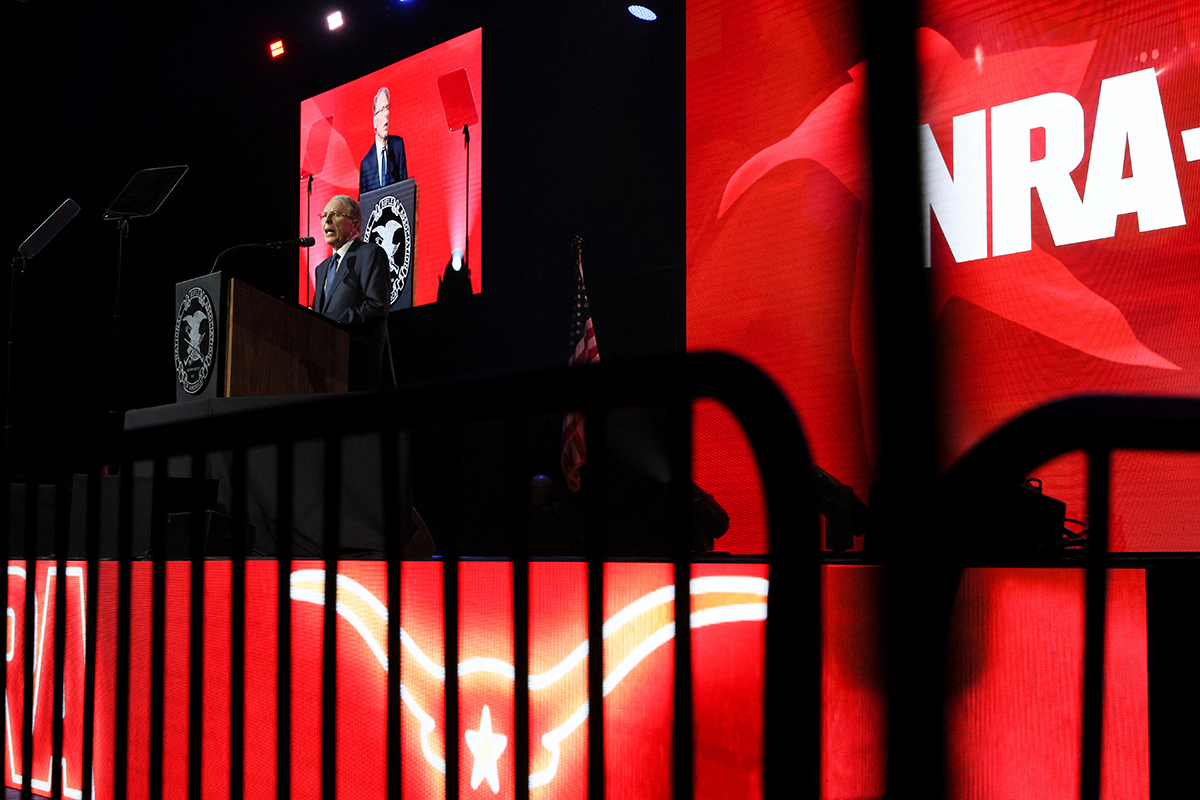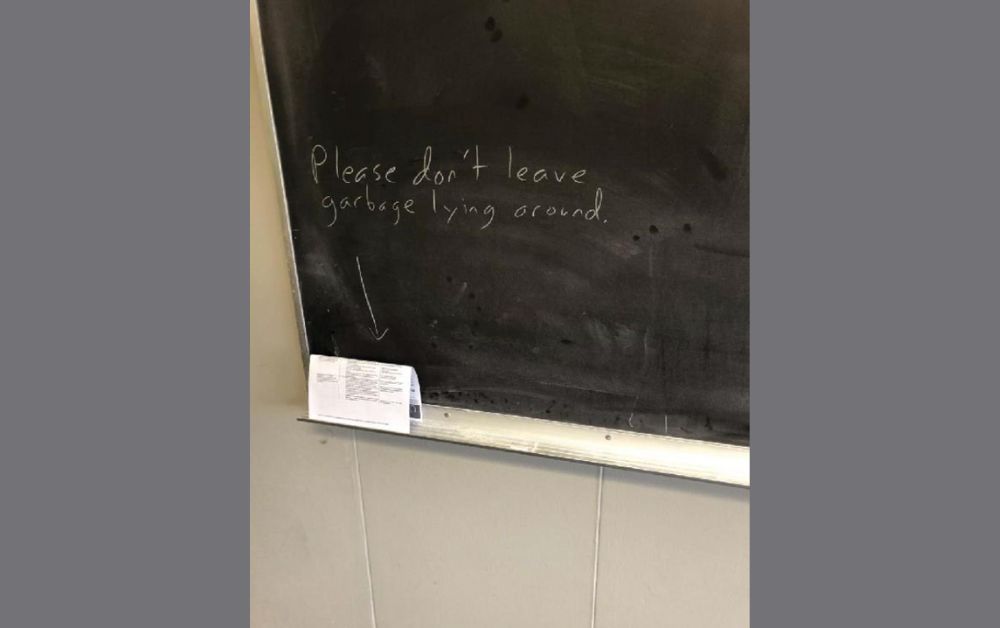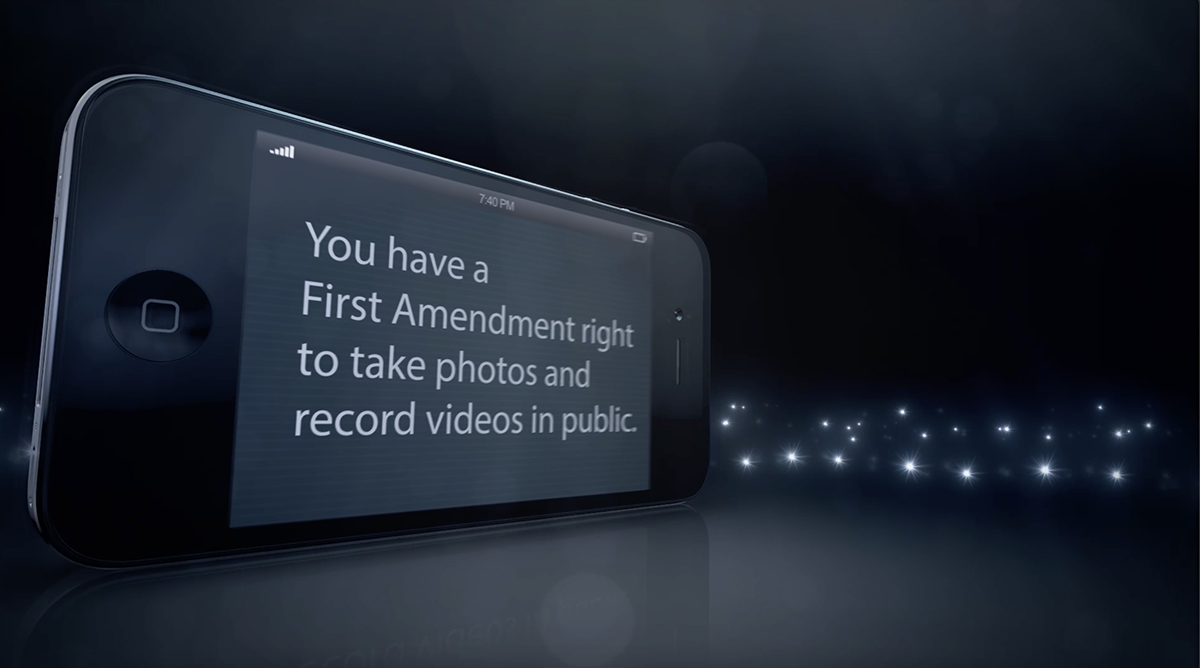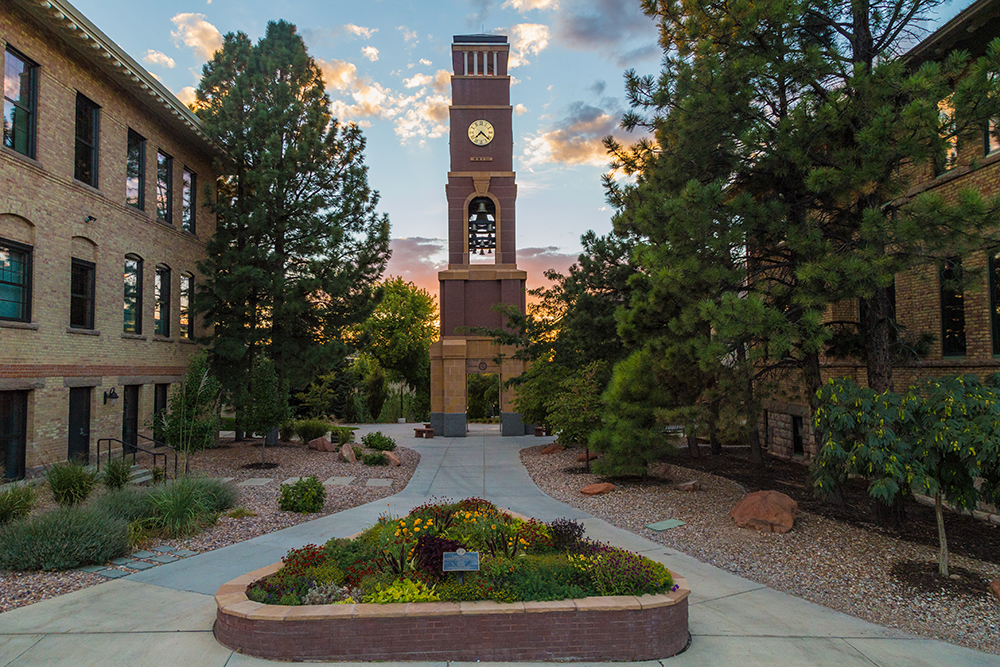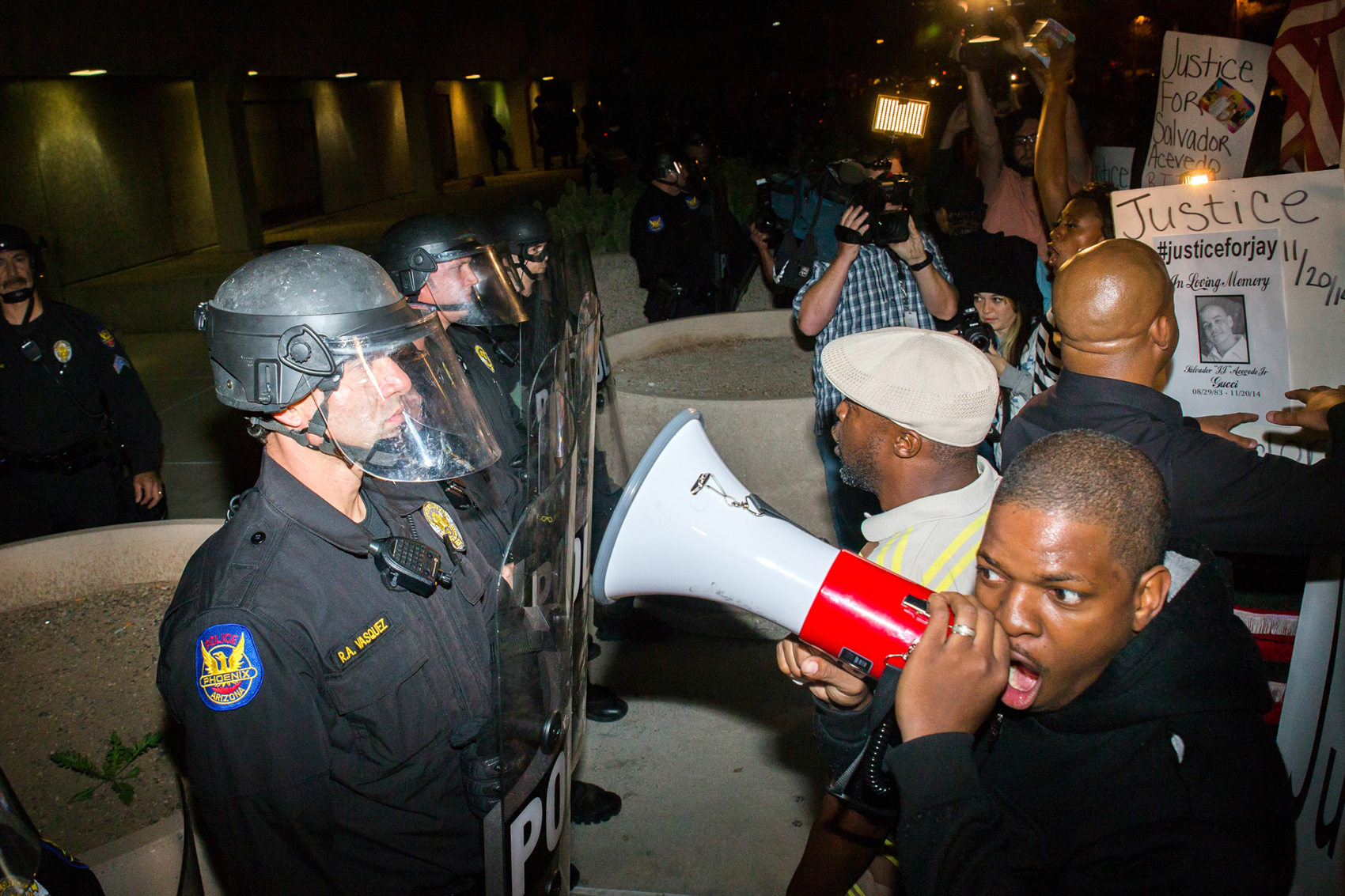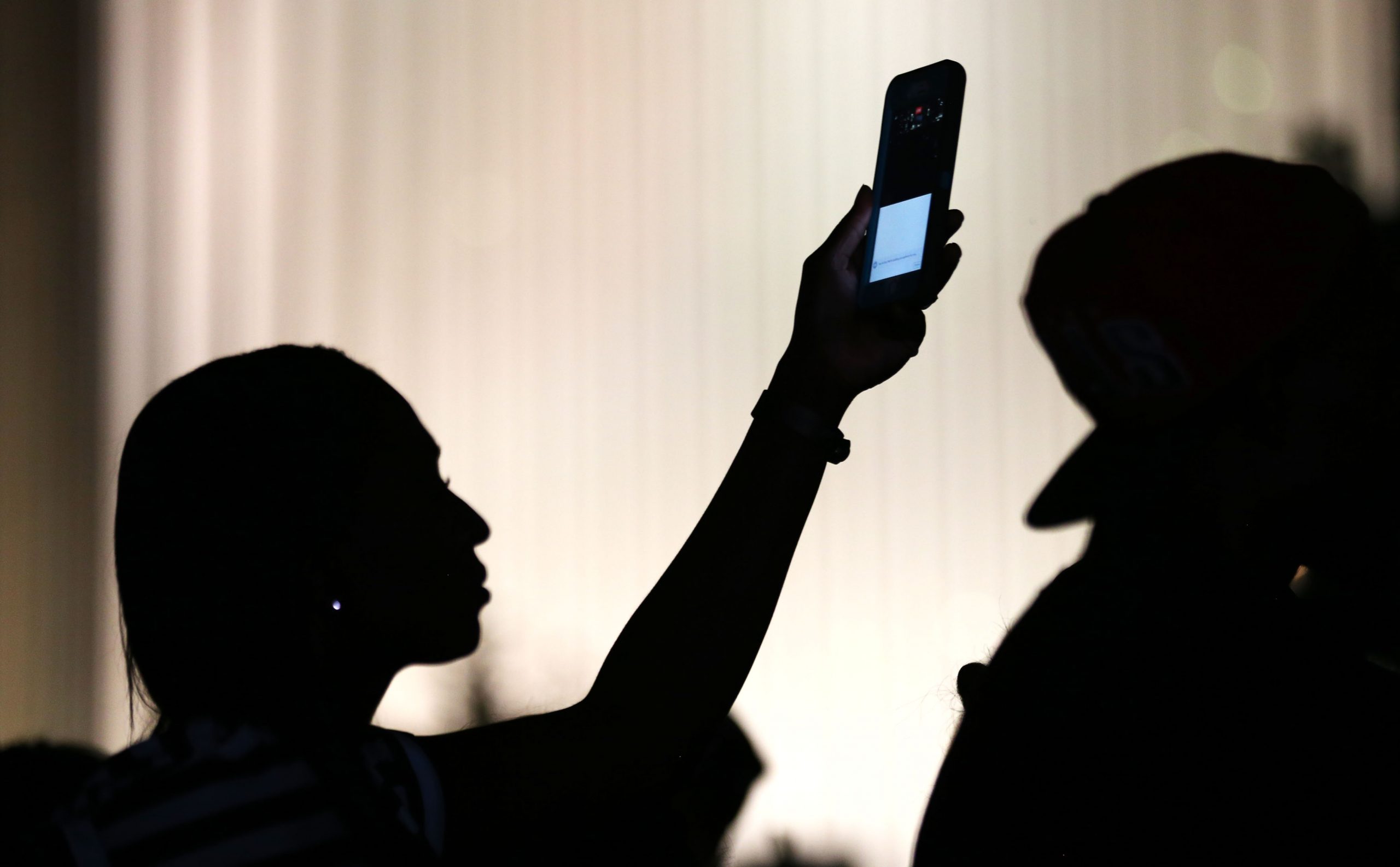NRA Free Speech Lawsuit Dismissed Against NY State Financial Regulator
The National Rifle Association claimed that a New York state financial regulator coerced and threatened banks and insurers to sever business relationships with the gun group, according to the 2018 lawsuit, which claimed the regulator's "intent [was] to obstruct, chill, deter, and retaliate against the NRA’s core political speech." But, a federal appeals court recently found that the regulator's actions were done in "good faith" and dismissed the complaint.
Texas University Professor Receives $165K Settlement After Free Speech Lawsuit
Dr. Nathaniel Hiers sued the university for infringing on his right to free speech by discriminating against his viewpoint, placing unconstitutional conditions on his employment, and attempting to compel and retaliate against his speech, according to the lawsuit filed April 2020 in the United States District Court in the Eastern District of Texas.
A Social Media Censorship Law is Upheld in Texas, Lyrissa Lidsky Weighs In
First Amendment lawyer Lyrissa Lidsky weighs in on a recently upheld social media censorship law in Texas that would bar platforms with more than 50 million users from removing content with political viewpoints. A different circuit court in Florida filed a preliminary injunction against a similar law. Since both federal appeals courts disagreed, only the Supreme Court can decide if the platforms have a First Amendment right to censor, or if they don’t.
First Amendment Watch, Free Speech Center Unite in Educational Video Project
The first release from First Amendment Watch at New York University’s Arthur L. Carter Journalism Institute and the Free Speech Center at Middle Tennessee State University focuses on the rights of those who wish to photograph or record video of police officers in public places.
Utah Professor Sues University Over Required Pronoun Use, Argues Free Speech Infringement
Richard Bugg, a theater professor at Southern Utah University filed the lawsuit in the United States District Court for the District of Utah Aug. 31. Bugg, represented by attorney Jerry Mooney with financial support from the FIRE Faculty Legal Defense Fund, argues that he is “opposed to the coercion of speech that is taking place on our campus and on most campuses,” the lawsuit stated.
An Unprecedented Uptick in Book Bans Brings First Amendment Scrutiny
Virginia is among the top 10 states in book banning conflicts, according to a PEN America study. There, the ongoing battle has led most recently to a state judge throwing out a decades-old state obscenity law that had the effect of imposing a prior restraint on book distributors. And it stirred widespread opposition including one of the largest booksellers in the nation, Barnes & Noble.
Preliminary Injunction Blocks Arizona Law Restricting Recording of Police
Judge John Tuchi for the United States District Court for the District of Arizona granted the motion for a preliminary injunction Friday and enjoined enforcement of the law pending resolution of the case on the merits, according to Ballard Spahr attorney Matthew E. Kelley, who represents an alliance of press groups in opposition to the law.
Teacher and Citizen Guides: Recording Video and Audio of Police Officers
By 2019, more than 81% of Americans owned a smartphone, as compared to 35% in 2011. This has given rise to “citizen journalists” who record and disseminate videos of police officers performing their duties in public. Does the First Amendment protect them, or can the state prohibit the recording of police activity?
